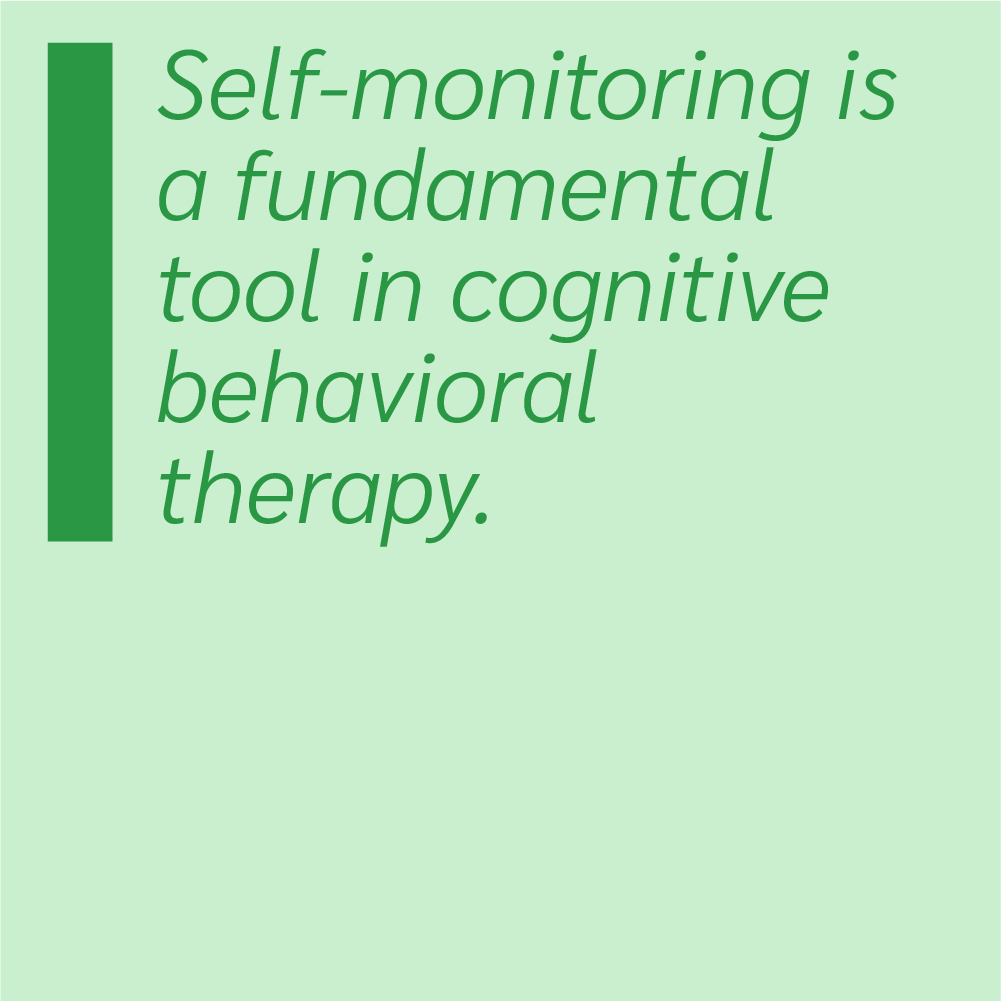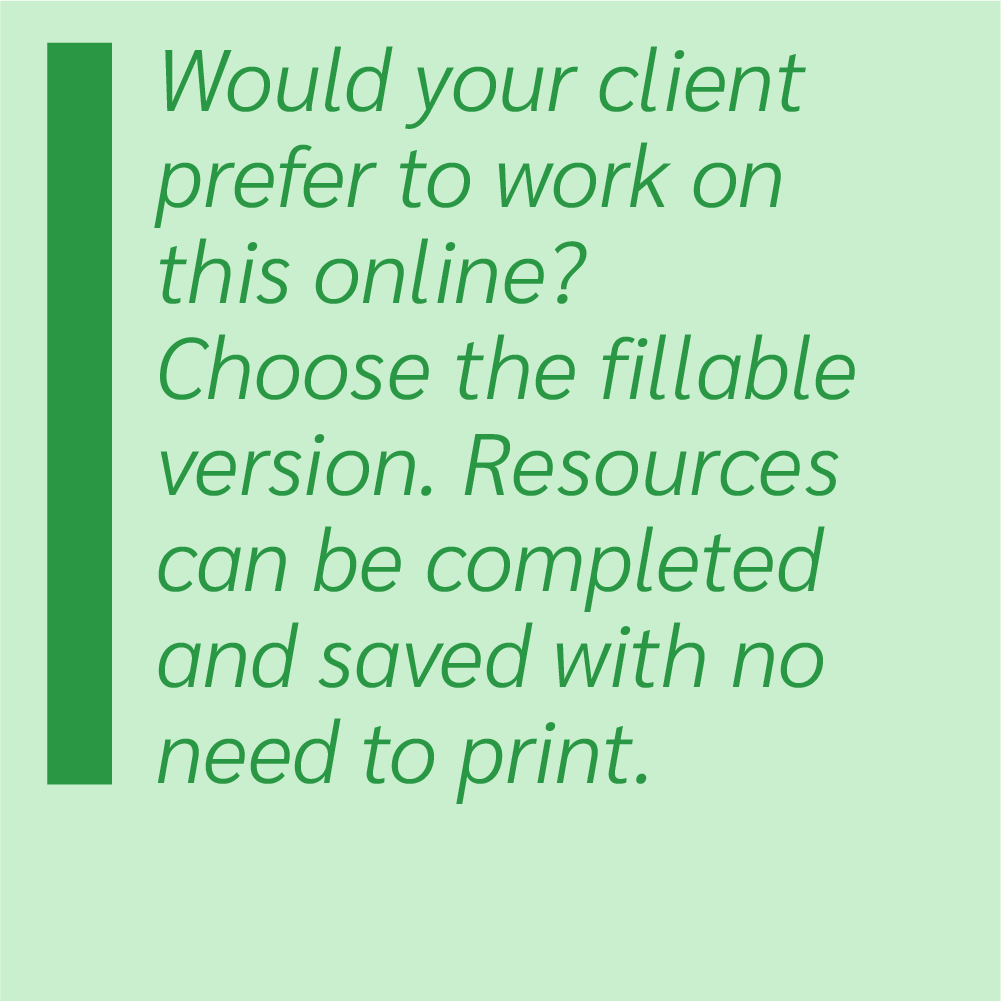Anger Diary (Archived)
NOTE: An improved version of this resource is available here: Anger – Self-Monitoring Record. Older versions of a resource may be archived in the event that they are available in multiple languages, or where data indicates that the resource continues to be frequently used by clinicians.
Self monitoring of thoughts, feelings and symptoms is an essential skill for clients engaged in cognitive behavioral therapy (CBT). The Anger Diary is a CBT worksheet for recording the causes and consequences of episodes of anger.
Download or send
Tags
Languages this resource is available in
Problems this resource might be used to address
Techniques associated with this resource
Introduction & Theoretical Background
The Anger Diary is a CBT-style diary to record the causes and consequences of episodes of anger. Clients are encouraged to record triggers, emotions, body sensations, thoughts, behaviors, and consequences.
Therapist Guidance
Clients can be taught to use the anger diary to capture a wide range of cognition and behavior around an anger event. Clients should be advised to focus on specific events.
References And Further Reading
- Deffenbacher, J. L. (2011). Cognitive-behavioral conceptualization and treatment of anger. Cognitive and Behavioral Practice, 18(2), 212-221.



